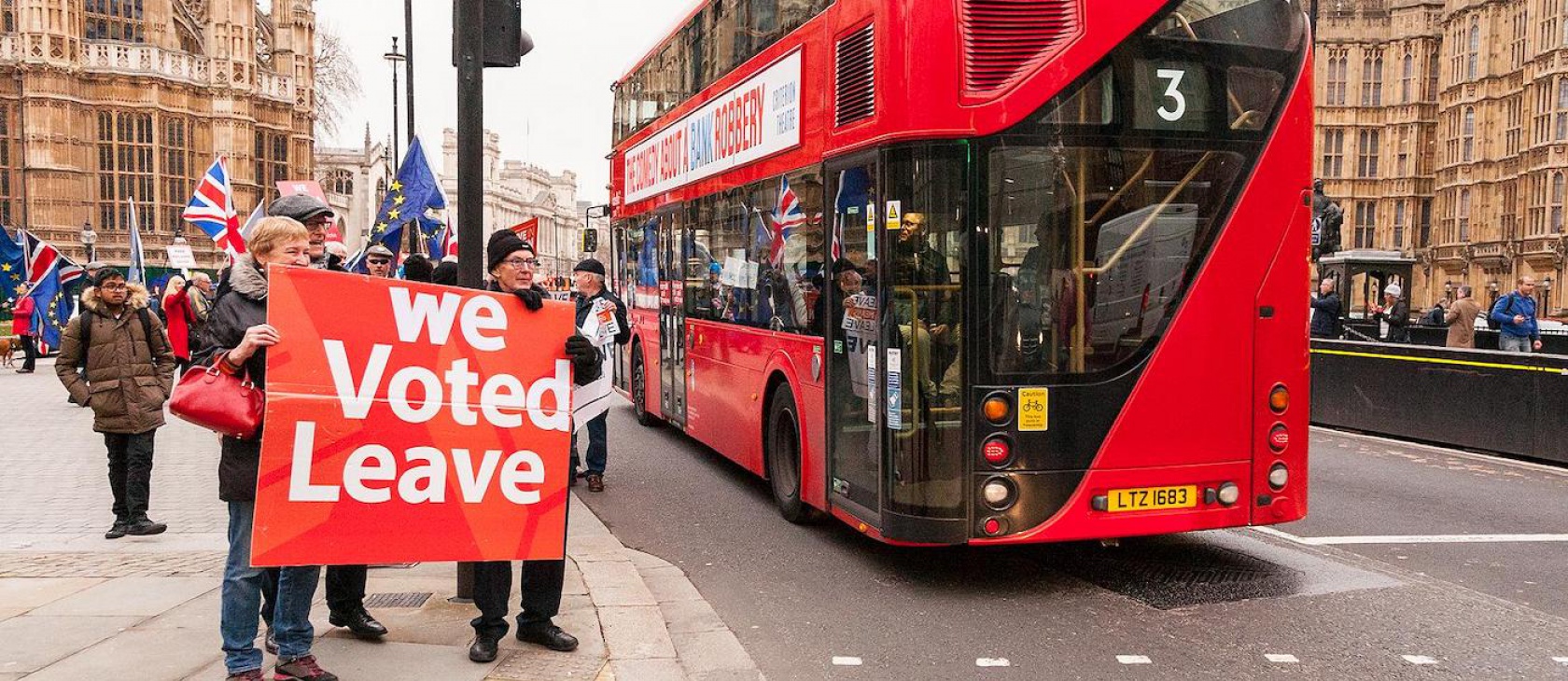Pro-Remain Members of Parliament seem terrified of any making advances in the direction of free trade, and the last few days have confirmed that they will stop at nothing to prevent, or delay, the UK from leaving the European Union. Their latest actions represent a modern moral crisis in one of the world’s foremost democratic nations.
A quick recap
Last week, Prime Minister Boris Johnson negotiated a withdrawal deal from the European Union which would enable the UK to leave, in an orderly and systematic fashion, on October 31. The deal is by no means perfect, but it represents a considerable improvement over former PM Theresa May’s deal respecting tariffs and free trade. Johnson’s enshrining of the departure from the customs union for the whole UK was particularly noteworthy – it is the customs union that imposes tariffs on foreign goods UK consumers wish to buy. It is possible that there is a majority in the British House of Commons for this deal. Parliament sat the day after the agreement had been reached, to consider approval of the deal and tabled the necessary motions.
What happened?
On Saturday, the British Parliament met for the first time on a Saturday in 37 years but voted not to make a decision on Brexit. The outcome of the vote was exactly the same as if Parliament had not met; so, one might be forgiven for thinking what has taken place is simply a waste of time.
Instead, the House of Commons voted (322-306) to approve an amendment – submitted by a pro-EU former Conservative MP, Sir Oliver Letwin – to withhold support until the full legislation implementing the deal comes forward. Northern Ireland’s Democratic Unionist Party, which agreed to a supply and confidence agreement with the Conservative Party under May, voted against the government because Johnson’s deal would allow some divergence between Northern Ireland and the rest of the UK. Six Labour MPs voted with the government, a few others abstained, but several other pro-deal Labour MPs took cover under the amendment to vote for a delay. As a consequence, no vote was held on the deal itself.
On Monday, Johnson asked for an up-or-down vote on his deal. However, Speaker John Bercow blocked the vote, dubbing it “repetitive and disorderly,” since the Letwin amendment had delayed such a vote.
Why did the Remainers act this way?
Letwin has form. He and other Remainers have acted on several occasions, with the connivance of Bercow (in evidence again today), to use procedural devices to obstruct progress towards Brexit. They had in mind an attempt to force Johnson to seek a formal, three-month extension to Article 50, delaying the UK’s exit from the European Union (and accruing the relevant fees, payable to Brussels).
Did Boris Johnson seek an extension to Brexit?
On Saturday, Boris Johnson told the House of Commons, “I will not negotiate a delay with the EU, neither does the law compel me to do so.” In the end, he sent the required letter, albeit in a rather ingenious way.
This text of the letter had been dictated by Parliament and enshrined in legislation, requiring the Prime Minister to send it verbatim. Johnson responded by sending three separate letters:
- Letter 1: a photocopy of the letter in the legislation, not signed by the Prime Minister;
- Letter 2: a letter signed by the British Ambassador to the EU enclosing Letter 1; and
- Letter 3: a separate letter from Mr Johnson explaining that he did not support any delay in implementing Brexit.
Court action against the Prime Minister, which continued on Monday, will likely end up in the Supreme Court (where the government will likely not win).
On Tuesday, the government will almost certainly move formal legislation to enshrine the Brexit deal in law. This will require a vote in principal (and a timetable motion) and, at that point, all MPs will have to stand up and be counted; the result will be closer than Saturday’s vote on the Letwin amendment.
The dangers? Pro-Remain MPs will seek to amend the legislation to maintain a closer relationship with the EU. This may include pressure for a second referendum or to maintain a customs union. If Boris then pulls his newly negotiated deal, the outcome is uncertain: Do we leave on October 31 without a deal or, due to the various letters and legal actions, are we trapped in the EU for a minimum of another three months, at which point we all go round again? (At least one exit is certain on October 31: Bercow will stand down as Speaker of the House of Commons.)
Why does this matter?
The aim of the Remainers is to frustrate and delay the process at every opportunity in the hope of preventing Brexit.
This matters to everyone across the transatlantic space, because we are dealing with fundamental principles of morality and freedom. The failure of the British Parliament to uphold the democratic vote to leave the EU, the refusal to allow a vote even on a compromise deal (for fear it might actually pass), the manipulation of process and procedure to frustrate the will of the people all represent moral failure.
It is telling that the same people who seem to wish to deny political liberty are also so obsessed with preserving structures that deny economic liberty. Alignment of standards, customs unions, and common tariffs benefit the EU at the expense of its member nations and their citizens. The EU is scared of a highly competitive British economy that reduces taxes, encouraged investment, and diverges from the EU on regulatory matters to make the UK more attractive again. In short, they are petrified by free trade.
Johnson has been threatened with imprisonment if he leads the UK out of the EU on October 31. I hope he holds firm, knowing he would have 17.4 million virtual visitors on the first day of his sentence. His future – and that of Brexit and an impending general election – remains fluid, fast-moving, and unpredictable.
If we do not leave the EU, I fear for my country, its democracy, and its social fabric. British citizens want to be free. We just want to have sovereign control over our own laws, governance, and destiny. We want to trade as freely as possible with others. Parliamentary maneuvers prove that MPs have not kept faith with the people who elected them, nor upheld the rule of law.
Set my people free.
(Photo credit: Mark Ramsay. This photo has been cropped. CC BY 2.0.)




